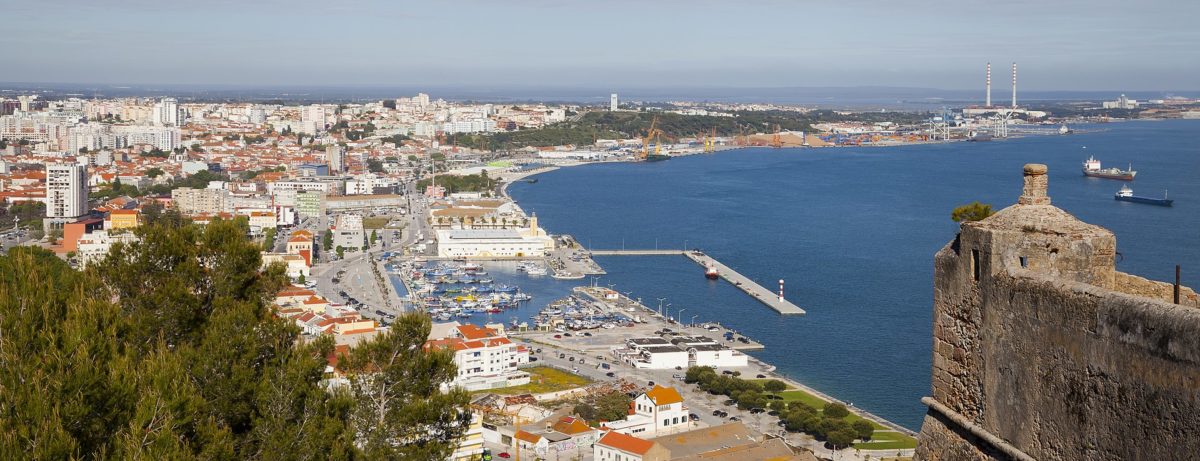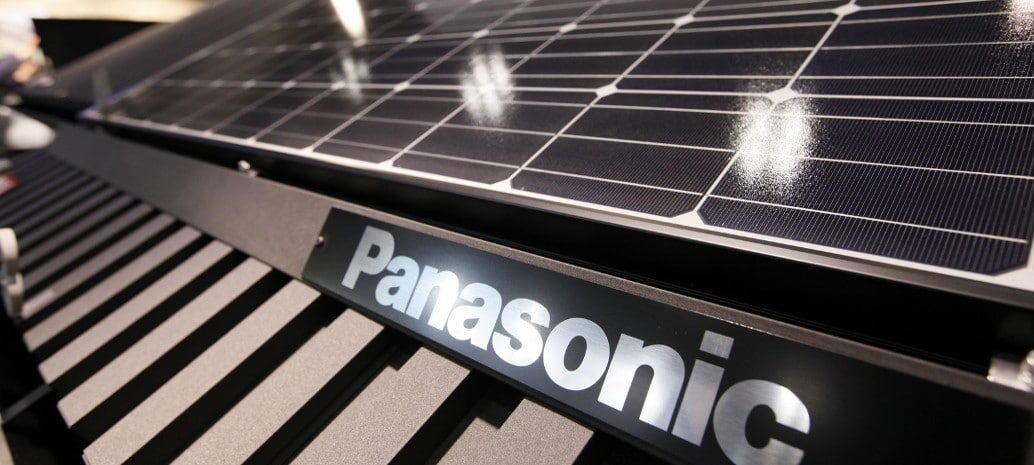Portugal has a total of 4.3 GW of solar projects having secured grid-connection permits, according to analysis from Aurora Energy Research, based on data from the country’s Directorate General for Energy and Geology (DGEG).
In the country's licensing process, obtaining a grid capacity permit represents the first of a three-step process for a new solar project. The next step is an application for a generation license. Once that is successfully obtained, an exploitation license is the final step. “DGEG’s database for generation licenses includes 240 projects, 72% of which are solar,” Inês Gaspar, senior analyst at Aurora Energy Research, told pv magazine.
Data also shows that around 1.2 GW of solar projects requested generation licenses in the first seven months of 2022. For all of 2021, the figure was just over 0.9 GW. According to the cross-analysis of that database and the results of solar auctions made by Aurora, solar capacity awarded at auctions represents around 33% of the projects with a generation license. The remaining projects are mainly unsubsidized schemes, with a few in the self-consumption regime.
“Most projects of the 2019 auction have already requested generation licenses. Only six are missing, representing 446 MW,” said Gaspar. “However, only one project from the 2020 auction has requested a license so far, given that the grid will only be ready to receive them by June 2024.”
Following a decree of law established in January, the DGEG started publishing data on all generation licenses requested for electricity generation projects above 1 MW, which has added transparency to the licensing process, according to Gaspar.
After obtaining a generation license, a project undergoes a series of tests in order to receive the exploitation license, which is ultimately needed to begin commercial operations. According to Aurora’s analysis, between 2016 and 2018 a project obtained an exploitation license on average 2.9 years after the production license. That period has decreased to two years between 2019 and 2020.
This content is protected by copyright and may not be reused. If you want to cooperate with us and would like to reuse some of our content, please contact: editors@pv-magazine.com.



By submitting this form you agree to pv magazine using your data for the purposes of publishing your comment.
Your personal data will only be disclosed or otherwise transmitted to third parties for the purposes of spam filtering or if this is necessary for technical maintenance of the website. Any other transfer to third parties will not take place unless this is justified on the basis of applicable data protection regulations or if pv magazine is legally obliged to do so.
You may revoke this consent at any time with effect for the future, in which case your personal data will be deleted immediately. Otherwise, your data will be deleted if pv magazine has processed your request or the purpose of data storage is fulfilled.
Further information on data privacy can be found in our Data Protection Policy.